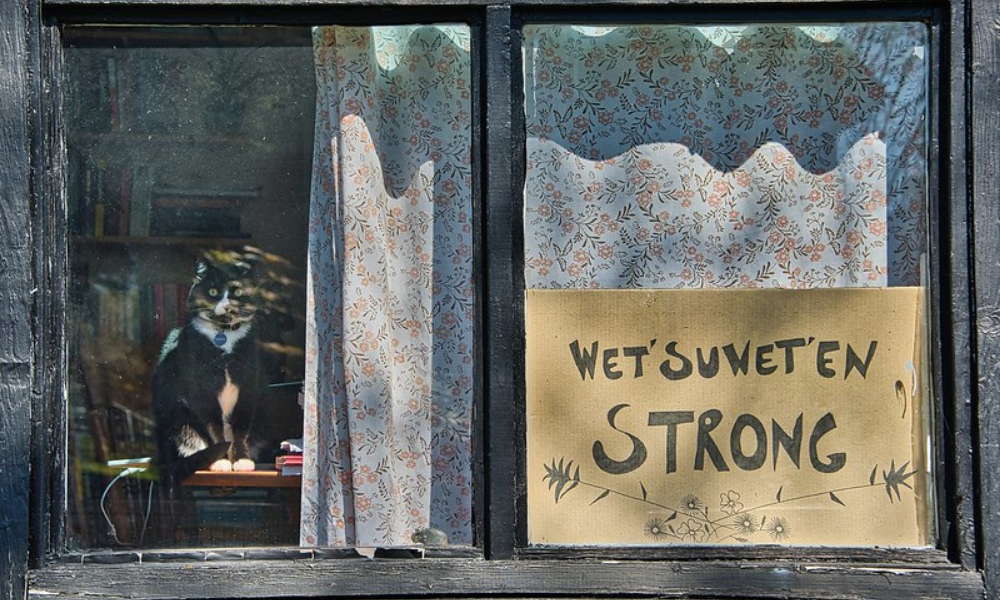
Wet'suwet'en dispute highlights need for government to implement UNDRIP: IBA

The Indigenous Bar Association in Canada (IBA) has appealed to the British Columbia government to implement the United Nations Declaration on the Rights of Indigenous Peoples (UNDRIP) relating to decisions and actions affecting Indigenous people’s natural resources.
According to IBA, while the federal government had already established a process for the domestic implementation of the UNDRIP through Bill C-15, the suppression and outright denial of Indigenous laws and the rights of Indigenous people have persisted across Canada due to the failure of the federal and provincial governments to act on the objectives of UNDRIP.
In the wake of the ongoing resistance by Wet’suwet’en Nation members to the construction of the Coastal GasLink pipeline in British Columbia, IBA observed that the federal and provincial governments have not delivered on their promise to substantively implement UNDRIP. IBA also observed a “blatant disregard for the rule of law” through the government use of excessive force in interactions with protestors and land defenders seeking to prevent the pipeline development.
“The Wet’suwet’en dispute highlights the need for the federal and provincial governments to take immediate action to implement UNDRIP, therefore signifying their respect of Indigenous laws, legal orders, rights, and capacities,” IBA said. “In doing so, these governments must remember that the honour of the Crown and UNDRIP require these processes to be implemented in partnership with Indigenous people.”
“It is time for federal and provincial governments to act with transparency, predictability, and accountability rather than hiding behind the empty words of passed and forgotten legislation,” IBA added.
IBA is a national non-profit association comprised of Indigenous lawyers, legal academics and scholars, articling clerks, and law students. Its mandate is to promote the advancement of legal and social justice for Indigenous people across Canada and the reform of laws and policies affecting them.